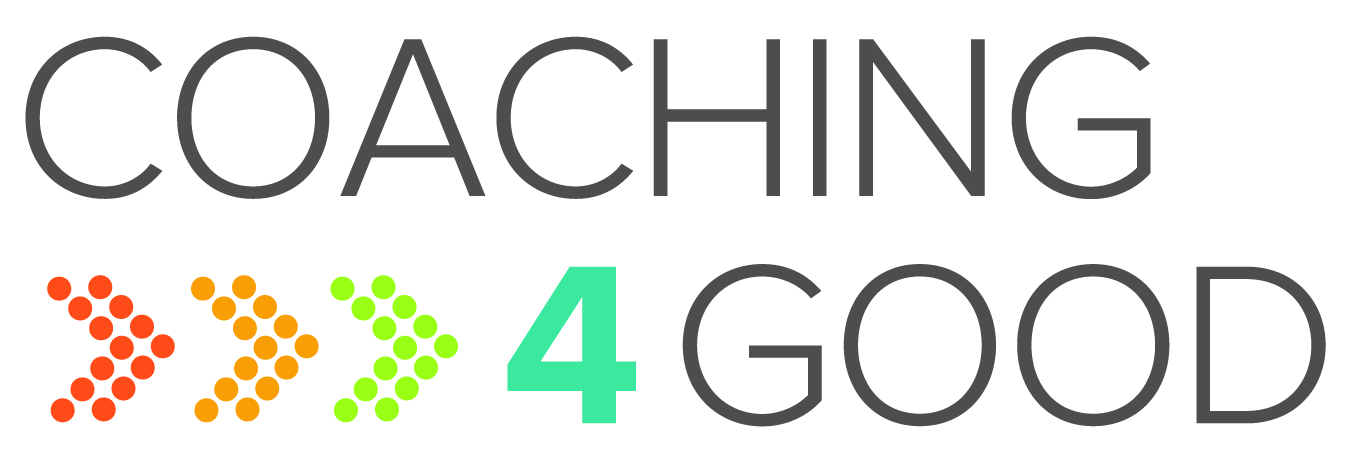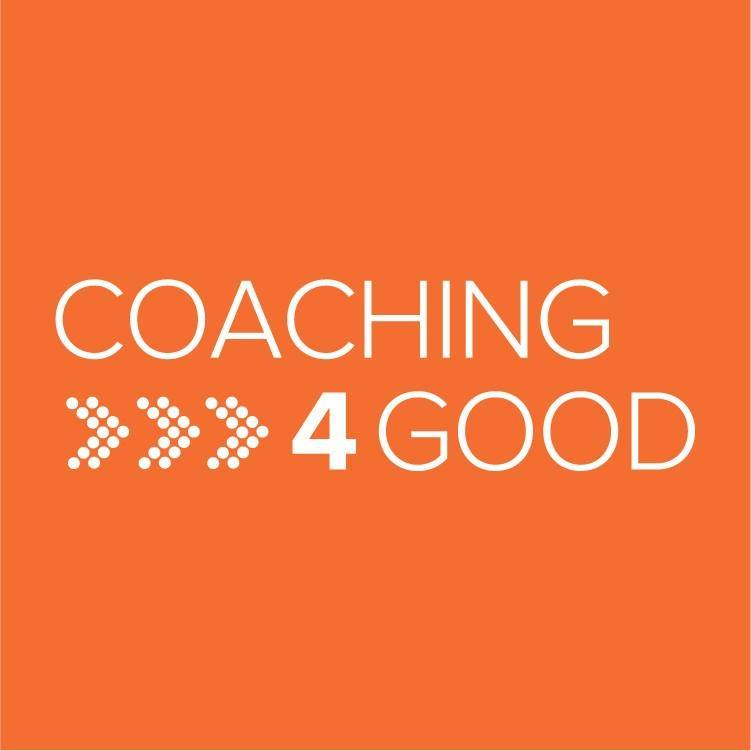
Right now we find ourselves living in a volatile, uncertain, complex and ambiguous world. Who would have thought that we would witness such a horrific pandemic that has shaken each of us to our very cores, impacting every single layer of our world and society?
COVID-19 has changed our world and we may never be able to go back to what we considered normal, or at least not for some time. Virtually everyone has been impacted financially, emotionally, physically, mentally, and spiritually. Even work as we understood or even valued it has changed. And many of us have been thrust into a transitional scenario of unprecedented unemployment, layoffs, furloughs and business closures.
Transition vs. Change
 Transitions by nature are “bumpy.” A change happens quickly, just as we experienced with COVID-19: from one moment to the next something was different.
Transitions by nature are “bumpy.” A change happens quickly, just as we experienced with COVID-19: from one moment to the next something was different.
It is important to note that by definition, transition and change are not the same thing.
William Bridges, author of the book Transitions: Making Sense of Life’s Changes and a foremost leader in the work of transition, defines change as “the external event or situation that takes place,” such as a layoff, an accident, a death, or even COVID-19. It is a tangible change.
Bridges then defines transition as “the inner psychological process that people go through as they internalize and come to terms with the new situation that the change brings about.” This includes the very real feelings of fear, anxiety, confusion, pain, and that nagging sense of lostness or restlessness we encounter in the process.
With each change that you go through, you are invited into a transition. You can find solace and even relief in knowing that this process is part of what it means to be human.
Strategies for Coping with Career Transition: Surrender and Silence
If you are struggling through change aftermath, whether these changes happen to you or you initiate them (including those related to your work life), then you are a normal human being. There are six strategies that can help you learn how to navigate these transitions through reframing your perspectives so that you can come out on the other side and land on your feet.
1. Surrender. Human beings resist change and will fight tooth and nail at times to hold on to “what was.” Sometimes, this happens overtly, as in withdrawing from a person or situation. Other times, it happens unconsciously, such as feeling anxious or are outwardly focused on other’s behavior instead of your own.
What are you resisting? The reality in front of you. Stop using your mental and emotional energy to fight the reality. Things cannot be what they were. And that is okay. Once you accept that the change has happened,and look objectively at what is in front of you, something magical happens. You begin to see the opportunities or gifts in the challenge. You realize you have been given something unexpectedly. During my personal career transitions, I have been given the gift of time to navigate difficult, challenging moments in my life.
Have you surrendered to this career transition brought on by COVID-19? What have you been gifted during this time?

2. Silence. Some of us have been given the gift of silence; others of us are experiencing even more noise than before COVID-19! Still, silence is crucial during career transition. It gives you a chance to listen to your inner voice, tell you what you want, show you who you are and what is calling to you now, for the next chapter of your life.
A wise mentor once told me: if you cannot find silence outwardly, then find a space for it internally. Easy to say, hard to practice when you cannot quiet your mind!
How are you finding and sitting with silent moments in your days? What can you do to be silent for even a few minutes?
Seek Solitude AND Support
3. Solitude. While this word might conjure up images of monks or feelings of loneliness, solitude is really about spending time with the most important person you know – yourself. Learn to be with your awesome, amazing self! Even if it is just sitting with yourself for a cup of tea, a walk, or doing a little jig.
You will begin to see who you are and what your unique talents and gifts are that you can offer an employer and to those around you. For me, solitude, especially during transitions, helps to ground me in my values and brings about unexpected creativity.
How can you steal away to be in solitude? How can solitude be incorporated as a rhythm of your day or week?
4. Support. Most of us cannot get through life without a good support system of friends, family, and/or wonderful colleagues. This is the time to tap into that support system and to be discerning about the kind of support you need. Ask for it!

Not everyone can offer career support that is reliable. Work with a career coach. Not everyone can help you cope with the emotions you are feeling. Find a counselor or therapist.
When it comes to job search, we can connect to online and virtual resources now more than ever. This helps to keep learning, so take advantage of those resources.
During my career transitions, some of my best support came from spending time with friends in conversations that were not job-search related. They knew I was looking for work and offered what they could, but ultimately, I needed fun, too!
Who have you reached out to for support? Have you asked for the help you need?
Take Care of Yourself
5. Self-care. More than ever, we need to care for ourselves! COVID-19 guidelines include washing your hands, not touching your face, wearing a mask, and social distancing – for your health and that of others. But don’t forget staying hydrated, eating nutritious foods and snacks, and sleeping as much and as well as you can.
You need to take care of yourself mentally and emotionally, too. One of the most important things I have learned in ANY kind of transition is to feel the feelings rather than think about them. Otherwise, you risk becoming stuck.
How are you being compassionate toward yourself in this transition? What resources are available for you to take care of yourself in the best way you can?
6. Spirituality. We are spiritual beings, intricately connected to our physical, mental, and emotional selves. Spiritual practice heals us as we journey through our transitions. It reminds us that we are connected to something much bigger than COVID-19 and inspires optimism.
While the world is on pause, and it may feel like your life is on pause, we can take the opportunity to regenerate ourselves, just like a tree that comes to life in the spring after a long winter. You have the opportunity to come to terms with what is really important to you and become more grateful for what you already have.
How is your spirituality grounding you during this career transition? What are you thankful for today?
Career Transition in a New, Positive Light
If these strategies are new to you, it will take time to learn and practice them. Perhaps you can choose the one that most speaks to you. Spend some time reflecting on it. These strategies can help you reframe the way you see yourself, your work and your experience of COVID-19.
Recently, a returning astronaut was interviewed and asked what she missed from home while she was in space. She said that when she missed something, she practiced reframing her thought to, “I will miss seeing the aura over the earth at night.”
So now, let’s reframe your career transition a bit. While COVID-19 has changed your work world and impacted your job, you are still a person with skills, talents, abilities, drive and passion. You can transfer those skills, use new ones you had not yet developed, and incorporate the ones you are learning now.
You can change careers. You can be open to options. There is still work out there!
Employers are hiring and more than ever, are open to new ways of working, such as working from home. Job search strategies that you knew about before have not changed. You still need a great resume, an effective LinkedIn profile and polished interviewing skills. Networking has not gone out of style. Ride this wave of change and transition. You can do it! And prepare to be surprised.










Stay In Touch